This post is made possible with support from the American Academy of Pediatrics through a cooperative agreement with the Centers for Disease Control and Prevention. All opinions are my own.
Although we cannot shelter our kids or protect them from all adverse childhood experiences or ACES, there are things we can do to buffer adverse experiences so they can thrive and learn resilience. With the right support, the negative effects of an adverse experience can be mitigated or even prevented. I have talked before about ACES. I want you to know more about how these potentially traumatic events that occur in childhood can negatively affect children, you can read my first article about ACES here. I have also shared the basics about creating safe, stable, and nurturing relationships that can help mitigate or buffer kids from ACES.
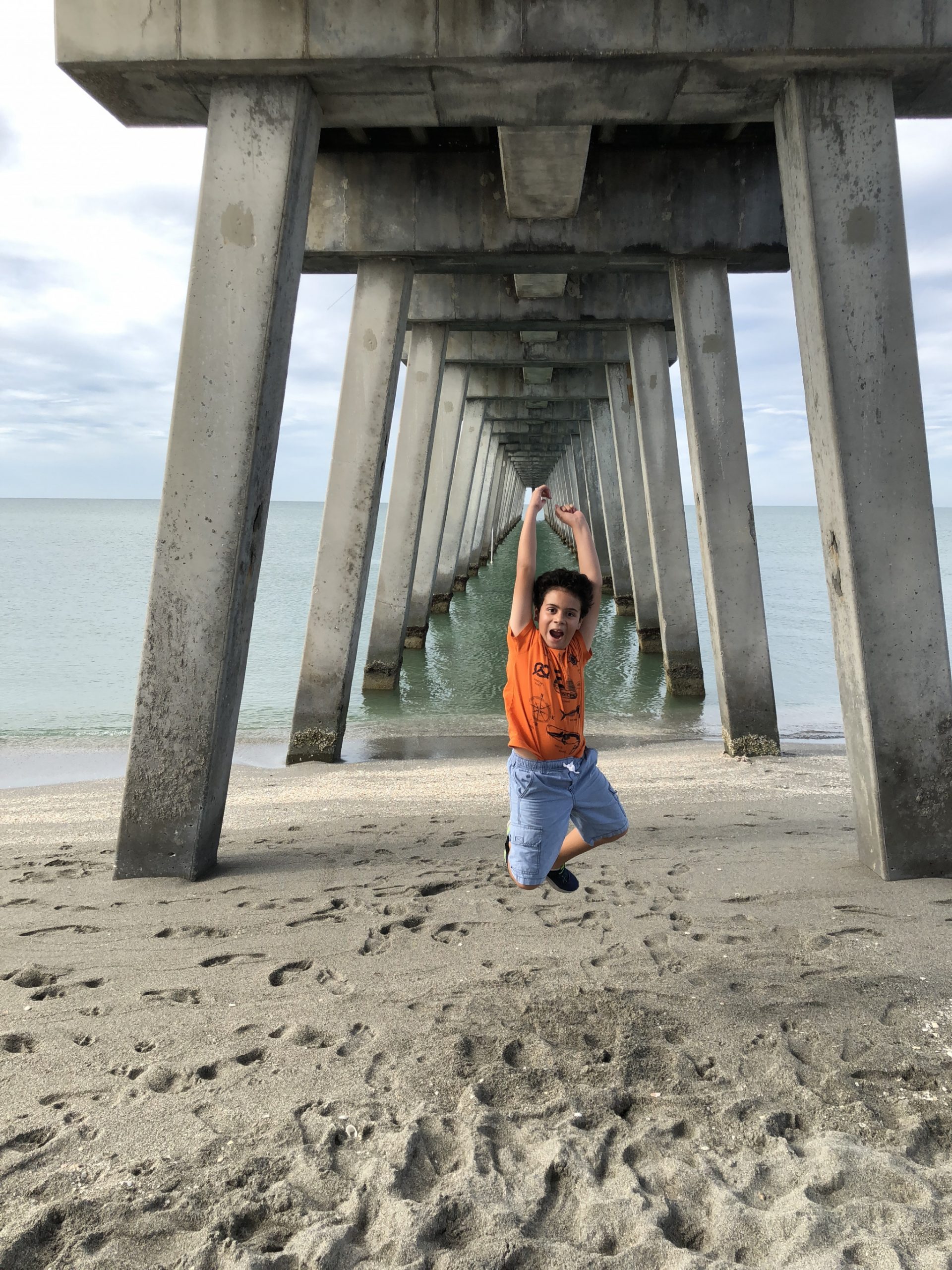
In this article, I wanted to go a little deeper and share with you how you can provide your kids with opportunities to create safe, stable, nurturing relationships with supportive adults who value them. I will also share how it’s easy to create positive experiences, which are also a valuable tool for helping buffer kids from the impact of ACES.
I think this is especially important as we start coming out of the COVID pandemic. For my family and many other families, the pandemic brought with it isolation. Social isolation not only triggers a stress response, but it also robs children of one of the most important ways in which we can ameliorate and reduce stress—by having safe, stable relationships with trusted adults in their community and extended family. For many families, like mine, the pandemic also generated adverse experiences from the loss of family members or friends to stress due to financial losses and even negative effects on our mental health.
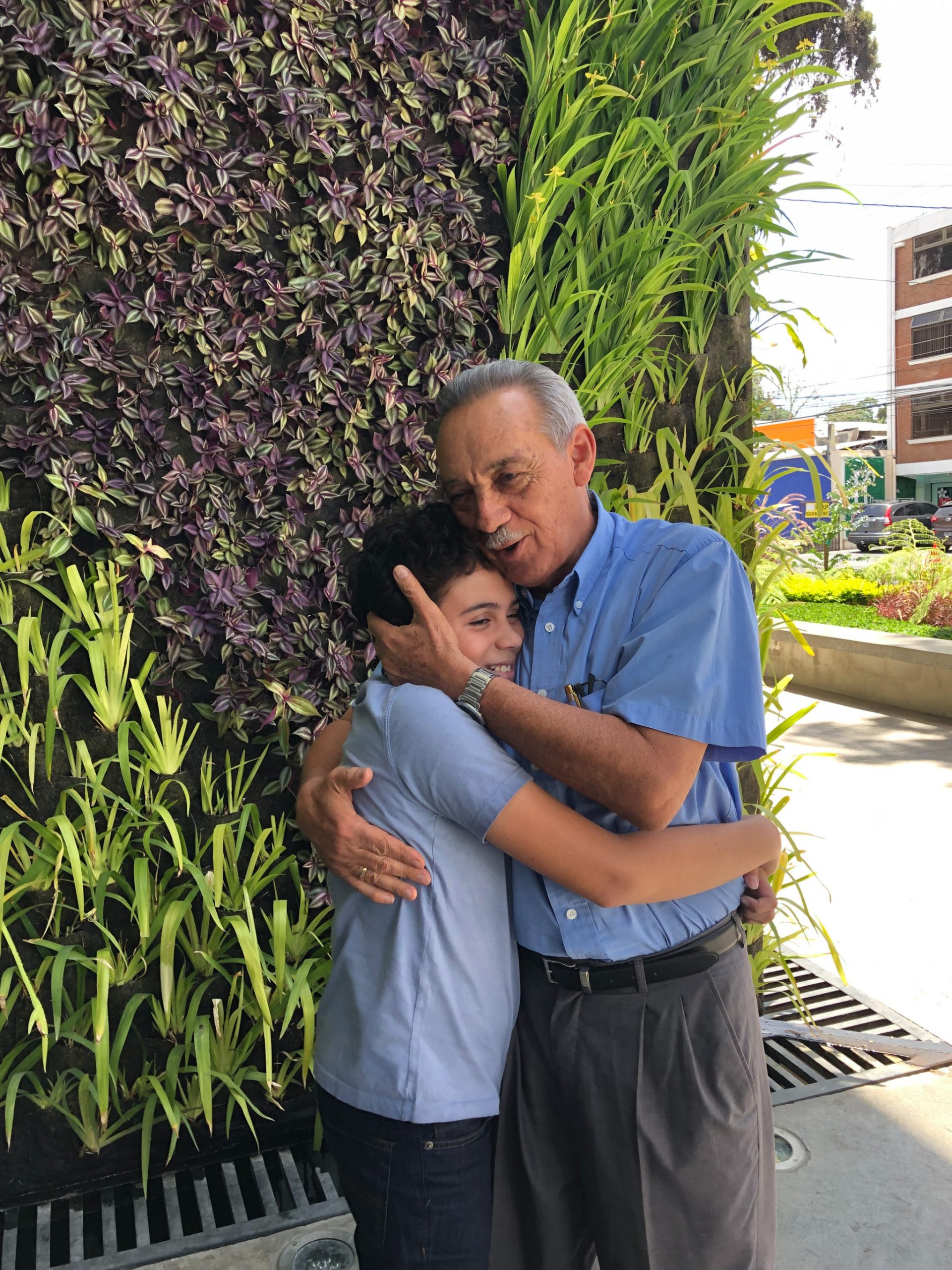
Before the pandemic hit, my kids had a wonderful support system at school, but after more than a year of online classes, they lost the opportunity to physically get to know their teachers and connect with coaches, counselors, and other adults in their lives. Both of my kids changed schools during the pandemic, so we’re now rebuilding many of those relationships and community support. This reminds me of how I had to create a support system from thin air when I moved to the USA over 10 years ago. I really had to be proactive and creative back then, and I am finding that what I learned 10 years ago about how to build a support system from scratch is coming in handy now as I set out to create new relationships and a new support system for my kids and for myself.
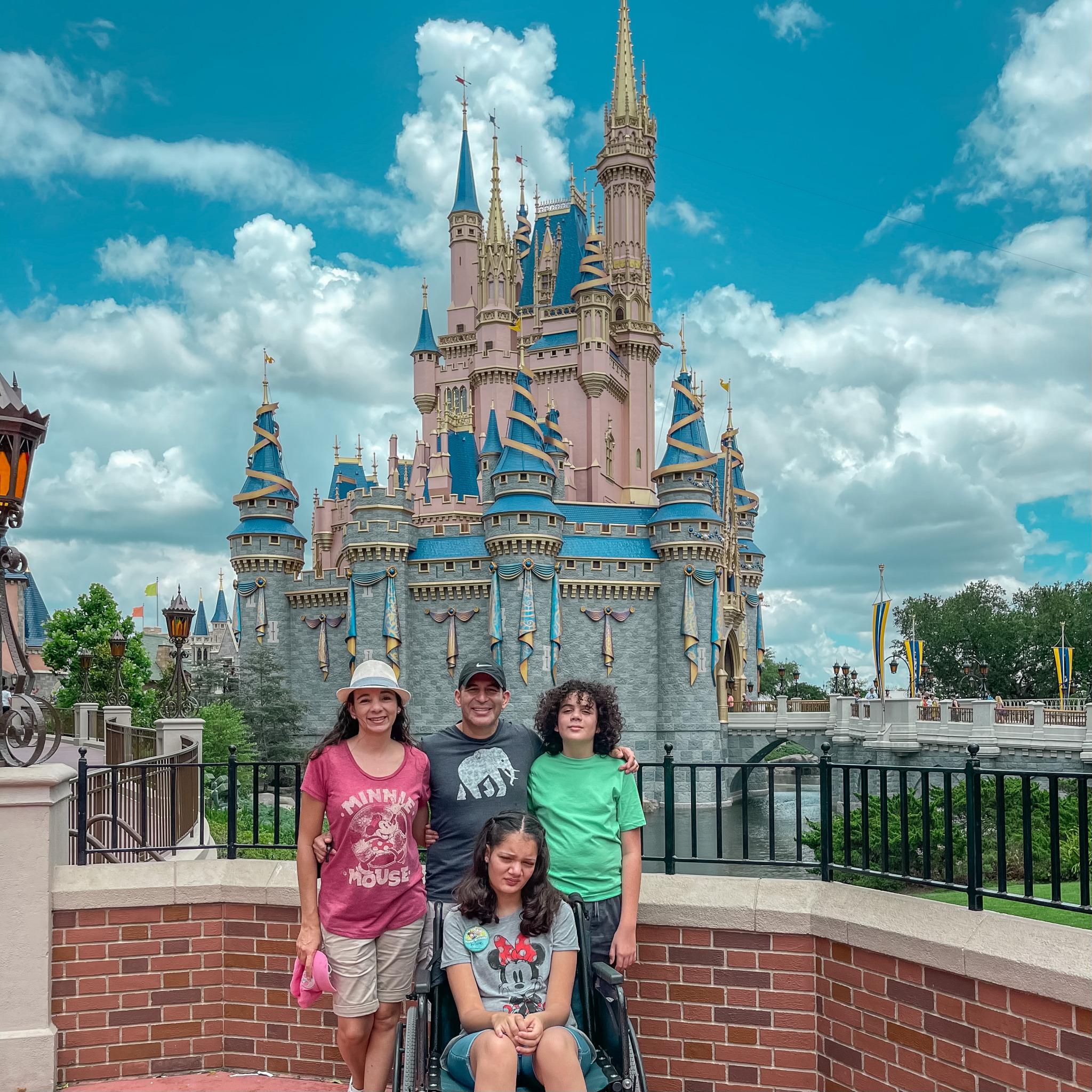
Finding your support system: where to look for supportive relationships for you and your children
It’s important to take into account that when you create a support system for yourself, you are also creating a support system for your child. Finding those safe, stable, and nurturing relationships and environments (SSNREs) for your children goes hand-in-hand with finding them for yourself!
However, this can be easier said than done. When I moved to the USA, I didn’t know anyone. I had left my friends and family behind in Guatemala, and creating new friendships and forging new relationships when I didn’t know anyone and was a stay-at-home mom was difficult so I had to get creative and be proactive. I want to share some of the specific places and ways in which I was able to create that support system for my kids and our family. You can use them, too, to #findyour3.
Be a safe adult for your children. Providing our children with a safe and nurturing environment at home is the first step in ensuring that they have the tools to mitigate ACES and prevent toxic stress. By listening, having meaningful conversations, and spending quality time together with your children, you are providing them with the tools to become resilient and learn to deal with stress and adverse situations in a healthy way. Being able to be a trusted adult for your kids starts with making sure that you have a support system you can count on. Providing your children with positive experiences, where you focus on them, give them your undivided attention, and spend quality time is also a tool that will help them deal with adverse situations in a positive way.

Find people with shared interests and beliefs. Whether you’re joining a local church or a knitting group, finding groups with common interests is a great way to meet new people, make new friends, and start creating your support system. When I first moved to Florida, I joined a local mom’s group. I made great friends, and although that was over 12 years ago, I know I can still count on many of these women for support, and so can my kids.
Create and nurture relationships with people who are already in your life. From grandparents and your child’s pediatrician to school counselors and teachers, there are lots of adults involved in your child’s life. Nurturing relationships with those people who already know your family and your children is a great and easy way to give your children the opportunity to strengthen relationships that already exist, allowing those social connections to grow into those supportive, safe relationships that can buffer them from ACES and toxic stress.
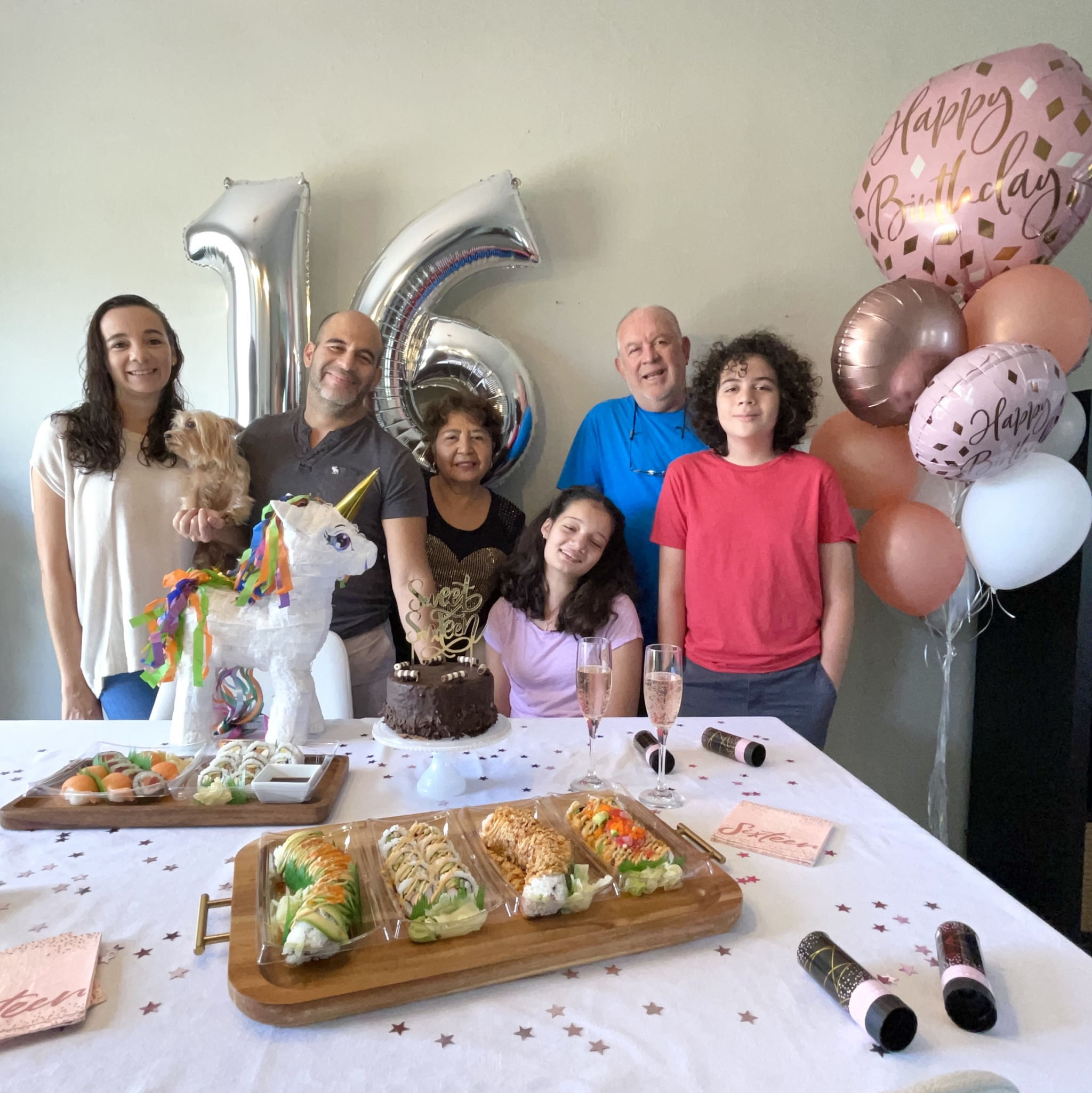
Have your children join other kids with common interests. One great way to provide your kids with opportunities to meet adults with whom they can have a supporting, nurturing, and positive role in their lives is to look for clubs or other types of local organizations. As my kids go back to brick-and-mortar school for the next school year, one of the top things on our to-do list is for them to join clubs, sports teams, and other activities. My son is looking forward to joining the robotics team at school as well as the Future Problem Solvers team, while my daughter wants to join the Spanish club. Besides school clubs, music, and sports, there are other activities and organizations your kids can join in their community, such as boy scouts and girl scouts, the YMCA, or 4-H. By joining these groups, kids not only create positive experiences and connections with peers, but they also get the opportunity to build relationships with teachers and coaches leading these groups.

Volunteer in your community as a family. Giving back to the community is a great way to get to know other people. When I volunteered for a few local organizations, I made great friendships with some of the other volunteers, and some of those people eventually became part of our close circle. Volunteering is a great way to meet new people and forge new relationships in your community. Now that my kids are older, we have created a list of organizations that support causes we are passionate about, and now that things are opening up again, we will be volunteering together as a family this summer!
Join a support group. Sometimes parents are going through difficult situations and joining a support group can be life-changing. Recently, after I moved to Florida, my daughter was diagnosed with autism. I joined a support group for moms with kids on the autism spectrum and found a group of people who really understood what I was going through—people who understood my daughter’s exceptionalities. This was one of the best decisions I could have made. Some of the members of the support group became great friends, trusted adults whom I knew would understand my daughter and see past her “differences.”
Access community resources. There are a lot of organizations and resources out there, but sometimes, these can be hard to find. One of my best sources for local information has been my local mom’s Facebook group. I go to them for everything—from pediatrician recommendations to ideas about fun things to do with the kids to community resources.
Become a trusted adult for other children. I strongly believe that you sow what you grow. You can become that trusted adult to a child close to you by volunteering to coach your child’s team or joining organizations like Big Brothers and Big Sisters or simply reaching out to kids in your circle.
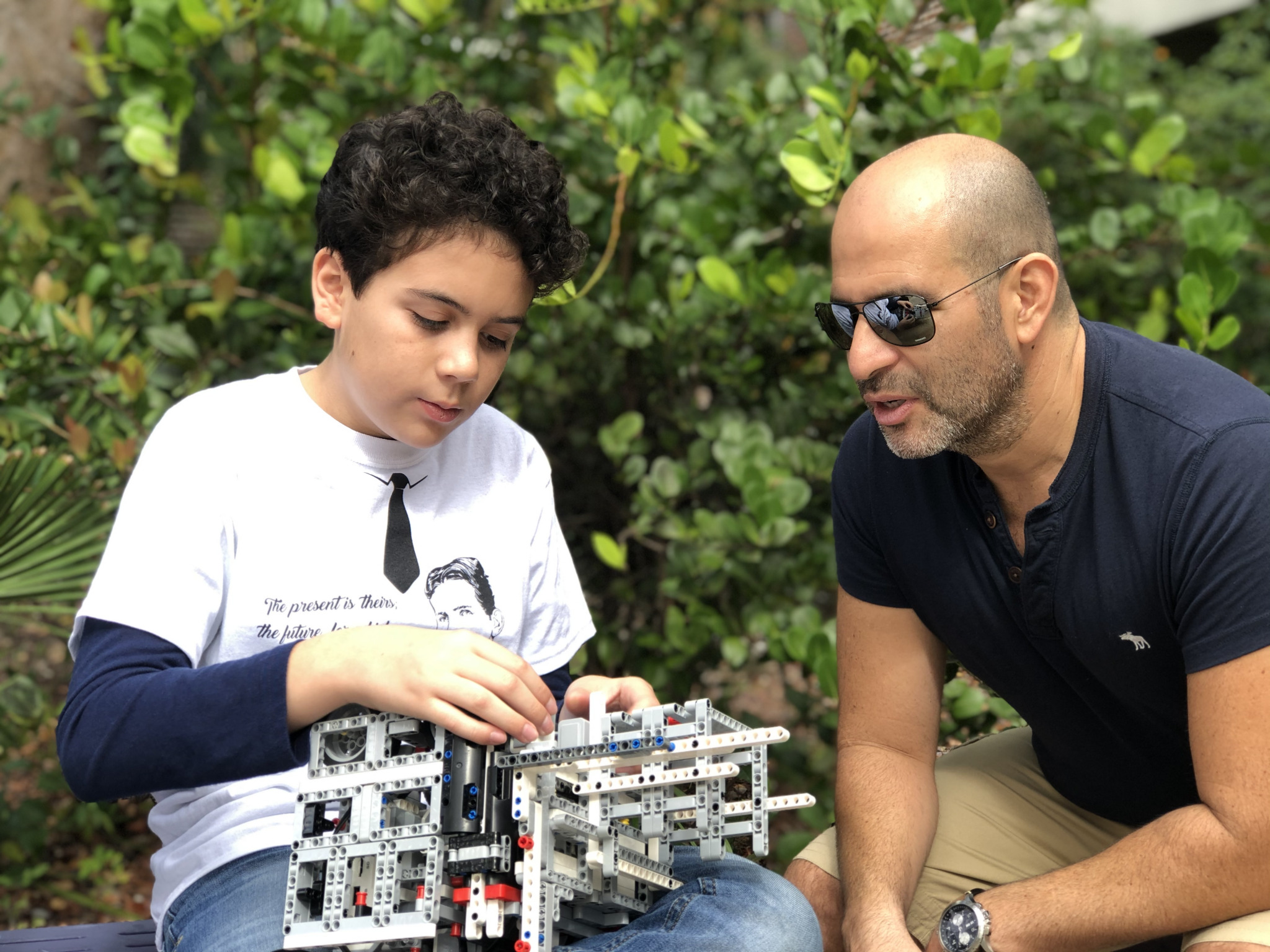
Give your kids access to mental health support. My parents divorced when I was a teen, and I didn’t know how to handle the situation. My parents realized that I needed to talk about this with someone that could provide me with tools and resources so that I could better manage my emotions in a healthy way. In the last few months, our family has been going through a crisis. Remembering how helpful it was for me to talk to a therapist as a teen and having shared this with my family before, it just made sense to reach out for professional support for my kids during this crisis. I asked my kid’s pediatrician for a referral to a child and teen psychologist, and I also talked to the school so that my kids could get access to the school counselor. I was being proactive, and I am so happy that I gave my kids access to mental health professionals who provided them with strategies to deal with the stress the situation was generating. This not only mitigated the adverse effects of the situation, but it is also teaching them to find solutions, ways to manage stress and be resilient.
You can learn more about ACEs here and what you can do to prevent and mitigate ACEs, and how you can help create positive experiences for your kids, kids in your community, and your extended family! My kids have their “three,” and I am part of someone else’s “three.” And I want you to be, too.
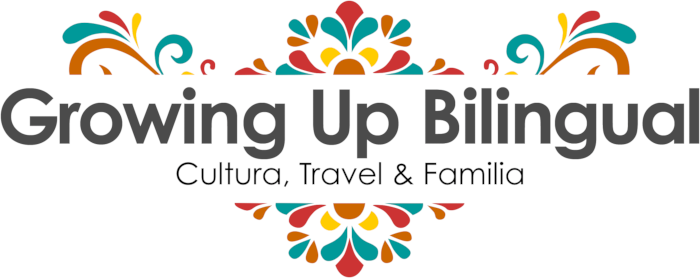


These are important tips, my kids are growing up and one is in college so i hope we raised her well. It is essential to keep ACES out of our children’s lives if possible.
My children all know if they have a problem they can come to me. We had 2 serious issues come up and each was dealt with accordingly. One even required the police being contacted.
I love this. Mental health support is a must. It’s tough being a teen these days.
I think kids are a lot more resilient than we think. They have all been through so much over the last year plus and so many have pulled through flawlessly.
This was a tough past year for everyone. The kids had trouble understanding things the most.
I am familiar with these situations as I grew up in a rough situation myself. It is important to get past childhood issues if you can.
I agree, finding a support group that has the same interest helps a lot.
It’s great for kids to join clubs like that while they are young, it’s fun to have friends there and learn more.
I think this is so wonderful. It is great for kids to have many wonderful experiences.
Some great advice. Our world changed profoundly during the last year and we had to do many of the above to ensure the mental wellbeing of our daughter and it really shows because she is a happy, confident bean now…a far cry from when the pandemic first hit let me tell you!
Raising children is not an easy job. It is unfortunate there are so many negative and mean people in the world. These are some great tips to help children (and adults).
I’ll do my best to protect my kids from traumatic experiences. Nonetheless, it’s always good to know that we can always help children who’ve been through negative situations.
you bring up a lot of excellent points here that will help many families in difficult times
This is such a great campaign. It’s important that we give our children a safe, loving, caring and supportive environment. Those are the things that make us.
I do love this holistic post about supporting your children especially after the effects (or rather, with the ongoing impact) of covid. Providing access to mental support is key and not feeling like you have to solve it all as a parent. Great tips here.
These are all great tips, I love the idea of volunteering in your community.
These are such wonderful tips. Thank you for sharing them! 🙂
Kids need all the help they can get while they are young. Some of them go through some hard times.
Such great advice! I completely agree, by listening and spending quality time together with the kids helps a lot in such cases. Thanks for sharing these helpful tips